In a world characterized by volatility, uncertainty, complexity and ambiguity, versatile leadership makes more sense than the shopworn model of lofty corporate “heroes and disruptors” who are supposedly invincible. Edgar H. Schein, a management scholar, and his son Peter A. Schein, an expert on organizations, explain how to achieve cultural change through “humble leadership.” The theme picks up on their previous books, Humble Consulting and Humble Inquiry. Their guidance will be especially useful to coaches, mentors and HR officials who work on leadership development.
“Humble Leadership”
In organizations that run on cutthroat competitiveness, employees often regard their leaders as “heroic” superstars who brilliantly meet their challenges. But companies don’t gain from positioning their leaders as masters of the hierarchy and designated heroes.
Instead, they should turn to a different model: Collaborative, cooperative, group-oriented and relationship-based “humble leadership.” This contemporary leadership tactic “hinges on open and trusting relationships” within groups. Its hallmarks – candor, trust and openness – become the welcome, defining characteristics of humble leaders’ corporate cultures. In dismal contrast, many traditional organizations carry the burden of role-based, authoritative, disciplinary and transactional leadership marred by a lack of trust or openness.
Smart organizations are no longer hierarchal. They know worthwhile leaders can emerge from any tier in a company. Depending on their circumstances, talents and capabilities, everyday people can and do step up and lead, often contributing substantial knowledge and...
Edgar H. Schein, PhD, is professor emeritus at the Massachusetts Institute of Technology’s Sloan School of Management. His son Peter A. Schein co-founded and is chief operating officer of the Organizational Culture and Leadership Institute.









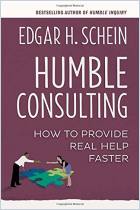
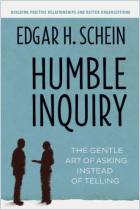
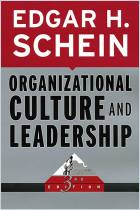
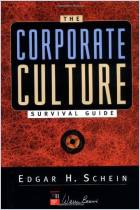

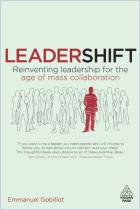
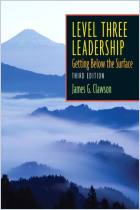
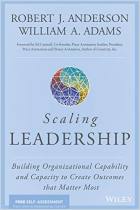
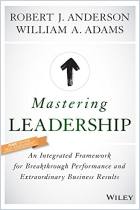
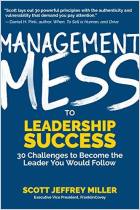



Comment on this summary